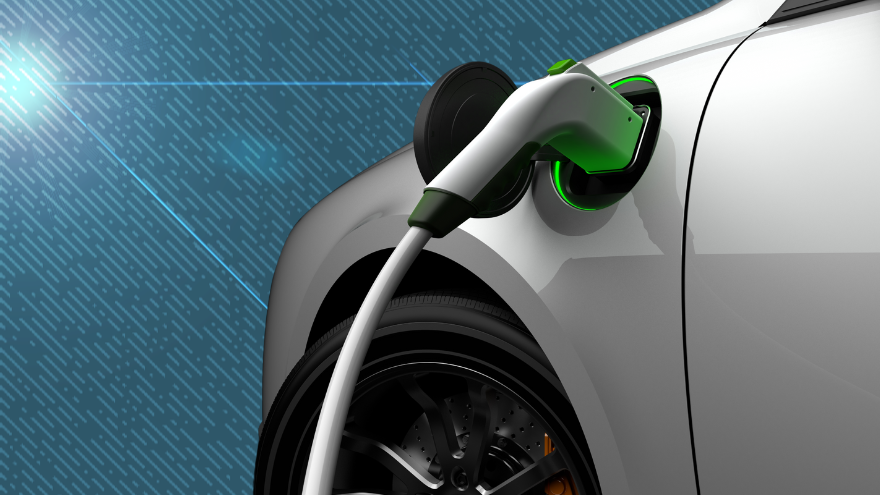A new EV home charging study by J.D. Power found that overall satisfaction with home charging has declined 12 points. According to J.D. Power, Level 2 portable and Level 2 permanently mounted charging stations account for 83 percent of users, whose satisfaction with the cost to re-charge their electric cars declining by more than 3 percent from last year. “Whether you’re an automaker, dealer or utility company participating in the EV ecosystem, improving the EV owner experience with respect to home charging should be a common goal shared by all,” Brent Gruber, executive director of the EV practice at J.D. Power, said as part of the announcement. “There are programs available today that will help EV owners with the startup costs, such as installing or upgrading to a faster Level 2 charger,” he added. “There are also programs designed to save EV owners money with the ongoing costs of charging their vehicle, like scheduling to charge during the most affordable time of the day. However, J.D. Power sees that there is little awareness and utilization of these benefits. As the EV marketplace continues to grow, brands that help owners take advantage of these offerings will be in a much better position down the road.” As more of a focus is put on transitioning away from fossil fuels, EV sales have increased, accounting for a record 5.6 percent of all U.S. auto sales later year, Forbes reported. The global EV market was $411 billion in 2021 and is projected to climb to more than $1 trillion by 2027. As part of the Biden administration’s plan to expand EV usage and move the nation closer to a day when all vehicles will be zero emission, $700 million has been allocated to invest in private sector EV charging stations, which could eventually lessen the financial burden for people currently relying on home electricity to power their vehicles. According to the J.D. Power study, just 51 percent of EV owners are aware of utility company programs to help with costs associated with charging EVs at home. “By increasing awareness of available rebates or incentives, EV owners will benefit. This can snowball into helping potential EV owners make a more informed purchase decision, as well as minimizing home charging concerns and supporting greater EV adoption,” said Adrian Chung, director of utilities intelligence at J.D. Power.As year-over-year inflation has soared to 40-year highs, electric vehicle (EV) owners who charge their cars at home are now reporting frustration over skyrocketing electricity rates.

*For corrections please email [email protected]*
